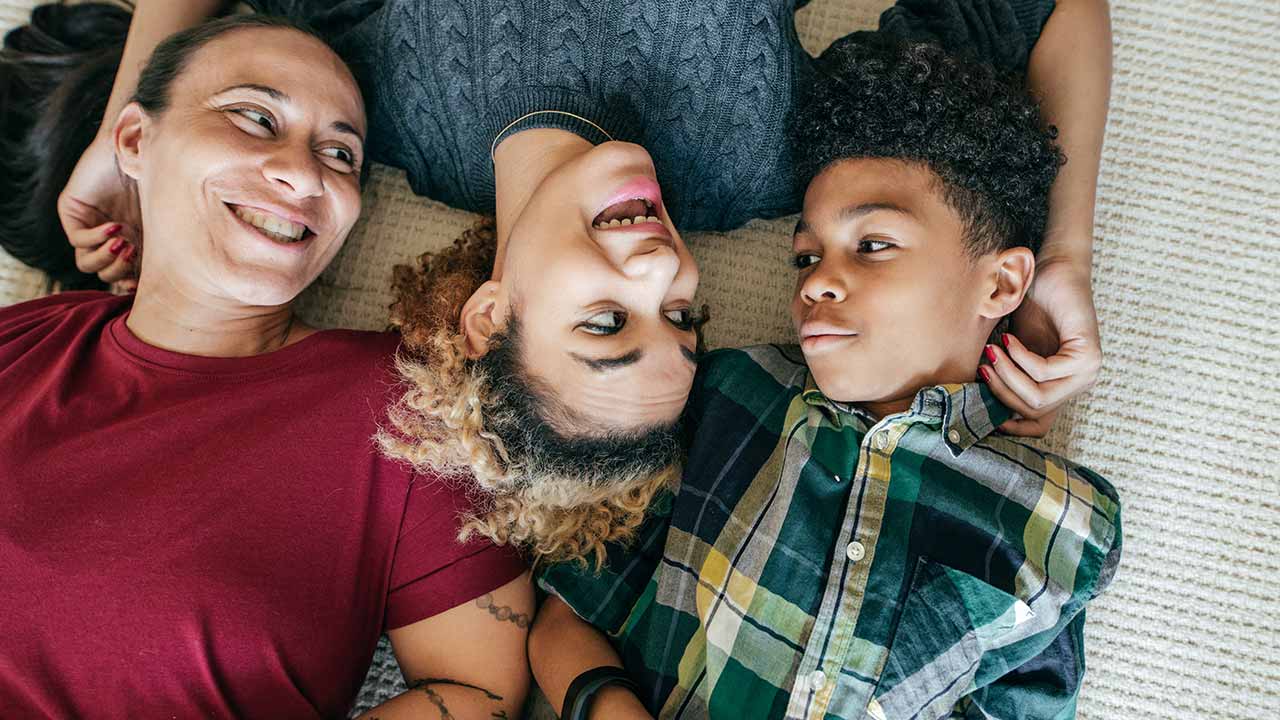Like most people, when it comes to socializing, I prioritize making time for my friends and family. When it comes to interacting with strangers, I find it difficult and often refuse to participate, perhaps because I am introverted or busy.
A new study suggests that this may be a big mistake. Having a variety of social connections seems crucial to our happiness, something many of us have forgotten during the pandemic.
In a series of surveys (conducted before the pandemic), researchers looked at how having a diverse social network related to people's well-being. To be clear, they do not take into account differences in race, ethnicity or gender, but rather the frequency with which people interact with different types of relationships: friends, family, colleagues, neighbors, classmates, relatives, etc. community and so on.
In one study, 578 Americans reported what activities they did in the past 24 hours, with whom and for how long, and how happy and satisfied they were with their lives. The researchers scored "social diversity" based on the number of different social relationships and the amount of time spent in each type of relationship.
After analyzing the results, they found that regardless of how much time they spend on social media in general, people with more diverse social networks are happier. This pattern holds even after accounting for gender, age, employment status, and other factors that may affect a person's happiness.
According to Hanne Collins, a senior researcher at Harvard Business School, having lots of social connections is important for happiness.
“By expanding your social portfolio and finding people you talk to often, for example, acquaintances, old friends, colleagues or strangers at the grocery store, you will reap more positive benefits. welfare," he said.
To further test this idea, he and his colleagues analyzed large data sets from the American Time Use Survey (which provides information on the activities of more than 19,000 Americans on a typical day) and the American Aging Study of Global Aging. World Health Organization. and adult health (equal with 10,447 respondents from China, Ghana, India, Mexico, the Russian Federation and South Africa).
In both cases, people found that when they had more social interactions, they experienced greater happiness and well-being, including better physical health. These increases in well-being are more than just improvements across active people and across countries or demographics, meaning the findings appear to apply across all walks of life and across many cultures.
"From multiple measurements, multiple populations, and different studies, we found the same positive relationship between a larger social pocket and well-being," Collins said.
However, with this type of analysis, it is difficult to say whether social diversity leads to happiness or whether happy people are simply attracted to diverse social relationships. To try to make sense of it, Collins and his colleagues conducted another analysis using data from mobile apps used by 21,644 Francophones to report on their daily social activities and happiness.
They found that when people experienced average social isolation for a week, they were happier that week and the following week, despite being active and social. These findings may be similar to people's experiences during the pandemic, Collins added.
"The pandemic is shrinking people's social portfolios, they have different communication partners to talk to, and they're losing that big network," he said. "Knowing people who are far away helps us."
why? Other research points to the importance of "weak ties" in our social networks and how connecting with strangers can be more fun than you think. Maybe different people trigger different emotions, Collins says, and different emotions can be the drivers of our happiness.
Alternatively, having a diverse network allows you to access a variety of social supports when you need them, be it emotional or financial support from friends or family, or informational and practical support from acquaintances (eg quitting). lend equipment or help find a job). Having different types of social support can be associated with well-being, he said.
Either way, Collins hopes her research will encourage people to embrace social media whenever they can. He suggests catching up with old friends, signing up for a class, scheduling an extra meeting with coworkers, or chatting with the cashier at the grocery store. In particular, the return to wider social interaction after the lockdown imposed during the outbreak will help improve people's well-being, he said.
"Reclaiming our diverse social portfolios will have a profound impact on people as we try to understand what the 'new normal' will look like," he said.

